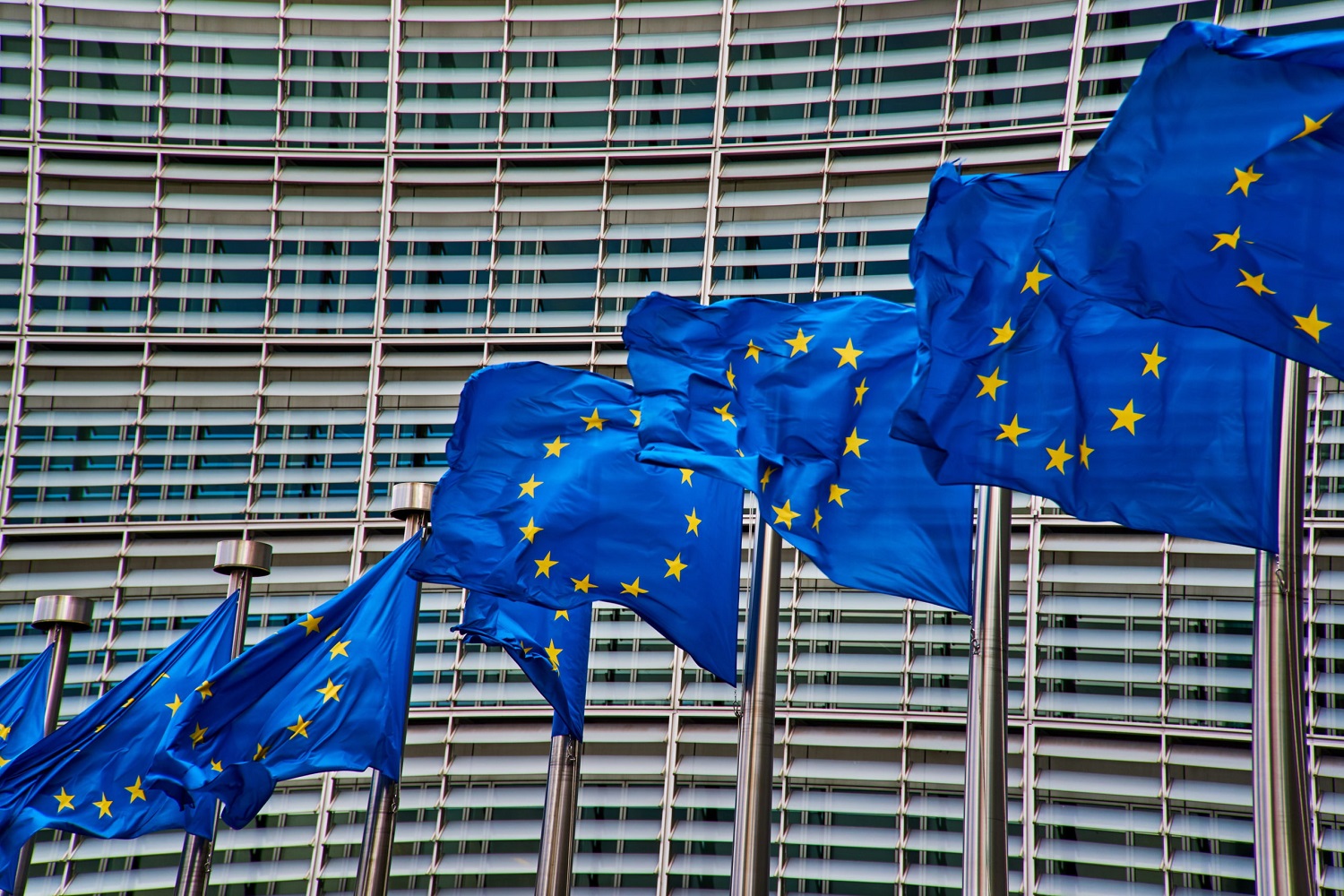
Authors: Abhishek Gupta, Camylle Lanteigne
In February 2020, the European Commission (EC) published a white paper entitled, On Artificial Intelligence – A European approach to excellence and trust. This paper outlines the EC’s policy options for the promotion and adoption of artificial intelligence (AI) in the European Union. We reviewed this paper and published a response addressing the EC’s plans to build an “ecosystem of excellence” and an “ecosystem of trust,” as well as the safety and liability implications of AI, the internet of things (IoT), and robotics.
Special thanks to the AI Ethics community who contributed their insights during our public consultations on this topic on May 27, 2020 and June 3, 2020.
Overview of our recommendations
- Focus efforts on the research and innovation community, member states, and the private sector, as well as those that should come first in Europe’s AI strategy.
- Create alignment between the major trading partners’ policies and the EU policies governing the development and use of AI.
- Analyze the gaps in the current ecosystem between theoretical frameworks and approaches to building trustworthy AI systems to create more actionable guidance that helps organizations implement these principles in practice.
- Focus on coordination and policy alignment, particularly in two areas: increasing the financing for AI start-ups and developing skills and adapting current training programs.
- Focus on mechanisms that promote private and secure sharing of data in the building up of the European data space, leveraging technical advances like federated learning, differential privacy, federated analytics, and homomorphic encryption.
- Create a network of existing AI research excellence centres to strengthen the research and innovation community, with a focus on producing quality scholarship work that takes into account a diverse array of values/ethics.
- Promote knowledge transfer and develop AI expertise for SMEs as well as support partnerships between SMEs and the other stakeholders through Digital Innovation Hubs.
- Add nuance to the discussion regarding the opacity of AI systems, so that there is a graduated approach to how these systems are governed and in which place there is a requirement for what degree of explainability and transparency.
- Create a process for individuals to appeal an AI system’s decision or output, such as a ‘right to negotiate,’ which is similar to the ‘right to object’ detailed in the General Data Protection Regulation (GDPR).
- Implement new rules and strengthen existing regulations to better address the concerns regarding AI systems.
- Ban the use of facial recognition technology, which could significantly lower risks regarding discriminatory outcomes and breaches in fundamental rights.
- Hold all AI systems (e.g. low-, medium-, and high-risk applications) to similar standards and compulsory requirements.
- Ensure that if biometric identification systems are used, they fulfill the purpose for which they are implemented while also being the best way of going about the task.
- Implement a voluntary labelling system for systems that are not considered high-risk, which should be further supported by strong economic incentives.
- Appoint individuals to the human oversight process who understand the AI systems well and are able to communicate any potential risks effectively with a variety of stakeholders so that they can take the appropriate action.
